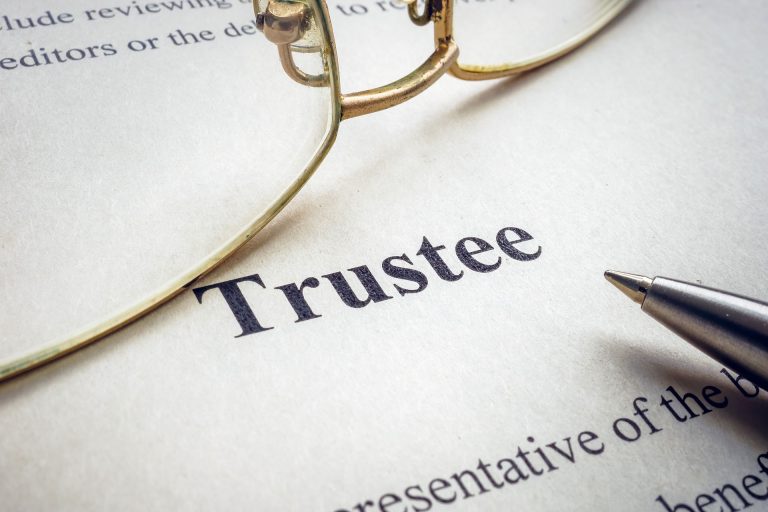When doing estate planning and/or succession planning, attention turns to:
- effectively appointing who is to manage assets on loss of mental capacity before death; and
- effectively preparing for what is to happen on death, particularly with the wealth of the deceased.
When many people do their estate planning, they think that:
- having an enduring power of attorney in place means that if they lose their capacity, their attorney will effectively be able to manage any of their wealth held in a company, trust or superannuation fund;
- their will effectively gifts all of their wealth that they may own through a company, trust or superannuation fund.
An enduring power of attorney can only be used to manage wealth that is owned personally (legally and beneficially) by the person appointing the attorney.
A will can only gift wealth of a willmaker that is owned personally (legally and beneficially) by the willmaker.
As wealth owned through a company, trust or superannuation fund is not owned personally (legally and beneficially):
- without further consideration, an enduring power of attorney does not always give the appointed attorney effective power to manage wealth that is owned through a company, trust or superannuation fund; and
- a will does not effectively gift the willmaker’s wealth that is owned through a company, trust or superannuation fund.
This is what brings us in estate planning to the distinction of personal assets and non-personal assets.
Personal assets
(or as they are sometimes referred to, estate assets) are those held legally and beneficially in the willmaker’s own personal name or jointly with another party. These normally include a home, shares, bank accounts and personal life insurances outside superannuation.
Non-personal assets
(or as they are sometimes referred to, non estate assets) are those that the willmaker does not hold legally and beneficially in the willmaker’s own personal name but are held in a company, trust or superannuation fund, including life insurances held inside superannuation.
When assets are not owned legally and personally by someone but instead through a company, trust or superannuation fund, what happens with those assets on loss of capacity or death is about control of the company, trust or superannuation fund.
That is when you need someone who understands how these things work when it comes to passing control of wealth on death where that wealth is owned by a company, trust or superannuation fund.
Please contact us if you would like a copy of our guide setting out some rules for the management of non-personal wealth.
Do you need assistance with your effective estate planning?
If you need any assistance with your effective estate planning, particularly if you have any non-personal wealth, please get in touch with us so that we can show you how to do it.
Disclaimer
The information in this article is general in nature and is not intended as legal advice. You should not do or fail to do anything in reliance on information in it. We do not accept any responsibility for any loss that you suffer if you do. You should seek professional advice before you do anything about the issues set out in this article.




